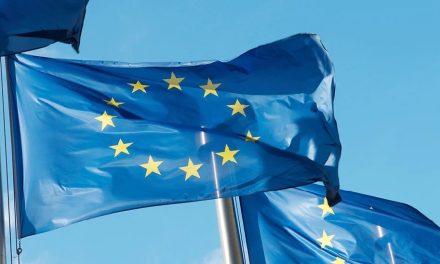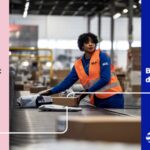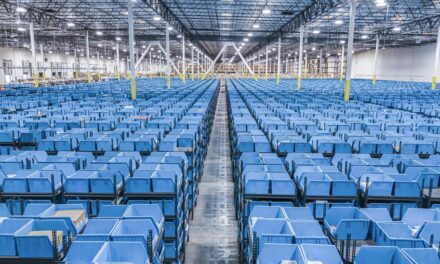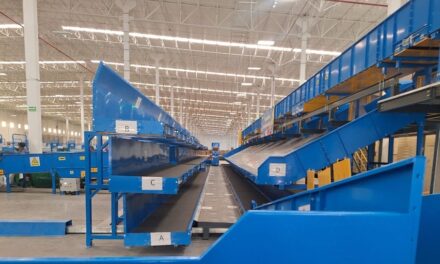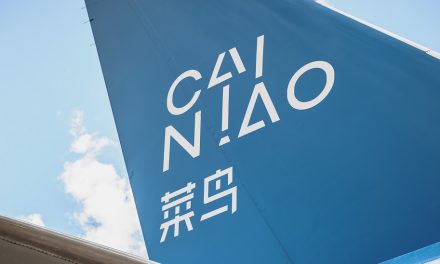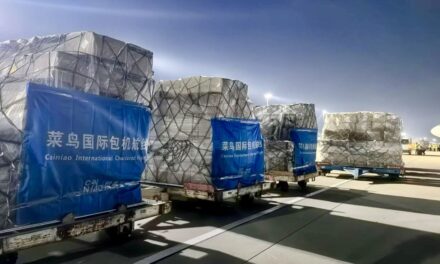
Insider knowledge
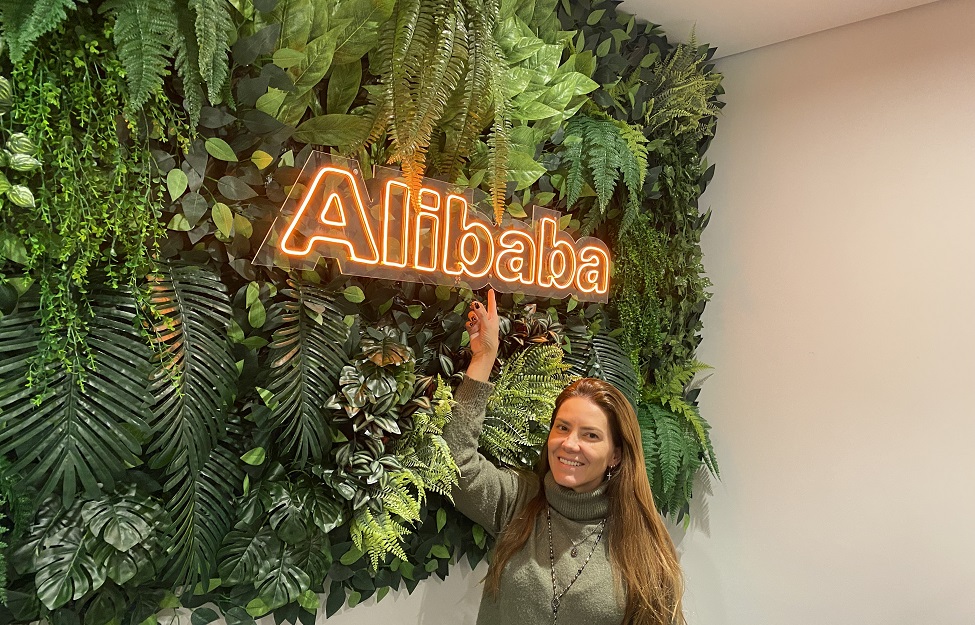
Post & Parcel spoke to Priscila Mezzalira, Customs Affairs Director – Americas Cainiao Network, about the importance of employing locals to speed up the customs process.
Can you tell me about your role at Cainiao ?
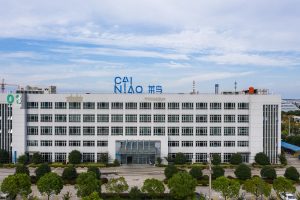 I’m based in Brazil and I am currently supporting Cainiao to develop their infrastructure in the Americas which includes North, Central and Latin America countries. My role is to provide Customs Compliance and Operational support. We have a team supporting logistics overseas and because of my customs knowledge, I am helping them to set up the business locally, helping them acquire any data that’s required by customs and helping to answer any questions our customers have. We have also set up a system to show our customers where their parcel is in the customs process using real time visibility.
I’m based in Brazil and I am currently supporting Cainiao to develop their infrastructure in the Americas which includes North, Central and Latin America countries. My role is to provide Customs Compliance and Operational support. We have a team supporting logistics overseas and because of my customs knowledge, I am helping them to set up the business locally, helping them acquire any data that’s required by customs and helping to answer any questions our customers have. We have also set up a system to show our customers where their parcel is in the customs process using real time visibility.
What role does customs play in Cainiao’s success?
For Cainiao – Cross Border shipment is the core business. When we talk about Cross Border, Customs is very important part of this process to support goods accross the border.
If a customer does not have the right data to provide to the authorities or a good way of managing their data or even if they don’t understand the customs policies or legislation, ultimately their business will not succeed.
One of our CEO’s key goals is the globalisation of Cainiao through digitalisation. We have a really strong customs team in China and they are hiring local people to help Cainiao have a clearer picture about the market and its local requirements. Essentially it helps Cainiao become more compliant overseas.
What’s the importance of employing local people?
So globally we have the Word Customs Organisation and then every country has their own legislations that combine not only customs but also some local regulations. For example in Brazil there is a big emphasis on health and safety and this is reflected in our custom rules so having local people involved helps Cainiao to understand what is important to each country and what is needed to pass customs inspections.
How does having people speaking the local language help?
Having local people involved also helps overcome language barriers which can stop people filling their customs forms in incorrectly. Generally if people have customs concerns or questions they prefer to speak to you in their native language because you can really understand their specific needs and ensure they are doing everything right. In Brazil our customs officers speak Portuguese, but in other Latin American counties they speak Spanish. At Cainiao in China most of my colleagues speak English and Chinese. As I speak Spanish, Portuguese and English I can help translate the local government website and their regulations.
Where does your customs knowledge come from?
I have more than 20 years’ experience in customs related matters, working in different industries focused on import and export. I have supported a number of companies to set up their own customs compliance departments. I also have a degree in foreign trade and an MBA in international relations and foreign trade management at FGV (Fundação Getúlio Vargas). My professional Journey is all related to import and export matters.
What kind of obstacles does Cainiao have to overcome in terms of customs?
So the key thing we are doing is helping transformation. Over the last few years we have worked with a lot of companies supporting the digitalisation and the modernisation of their customs processes. Many companies we work with have manual compliance processes to start with, but we show them how Cainiao does it and help them modernise. The support we provide depends on how well developed they are but in general we support companies to meet regulatory compliance and as a result speed up the customs process.
You started your role in 2020, what did you learn during the pandemic?
When COVID broke out everyone was finding their way because it was a new situation. At Cainiao we learnt that in order to be resilient we had to be flexible. We had to understand what the market needed (our customer needs) and translate that into our processes. Then we had to support our customers and our buyers so they received the deliveries on time.
For example, Cainiao expertise is e-commerce parcels delivery but during the pandemic Cainiao shifted the business to shipping medical supplies. Cainiao collaborated with governments, organisations, and suppliers worldwide to transport essential medical supplies, including personal protective equipment (PPE), ventilators, testing kits, and other necessary equipment to regions in need. This helped ensure the availability of critical resources for healthcare systems to help them tackle the pandemic.
The pandemic had a huge physical impact on the supply chain – on day one the airports closed, everyone had to be inside their homes and there were no physical operations but mentally we also had to makes sure we were supporting each other. I learnt a lot about working together and supporting people’s mental health – the team at Cainiao were really supportive and I learnt how establishing and maintaining partnerships was vital to help finding better solutions.
How innovative is your customs system?
I just came back from five weeks at Alibaba’s head office in China. Their focus Is all about acquiring high tech knowledge and creating the most innovative systems with incredible engineers working to develop the very highest level of innovation.
In line with this, Cainiao’s system is customised and localised to support requirements such as Harmonized Tariff Schedule ( HTS) Codes and Intellectual property rights (IPR) rules.
We have a dedicated team to monitor Customs laws and trends so it is updated on time. We are always looking at the market to see what is needed, what is not yet in the market to ensure our system is constantly moving forward.
How important is visibility to Cainiao?
In Cainiao, we have six core values, and all are related to our customer and our customers can be sellers or buyers because if they have their package stuck at the customs or if they get lost it impacts on their customer experience so we are intent on getting it right.
To help them track their progress we give customers a tracking number to check where their package is in the process.
We pride ourselves on the tracking we offer to sellers and buyers. Additionally we have contracts with airline companies to make sure that we can always improve or put on extra flights to ensure people receive their packages.
Today’s customers want their orders to arrive yesterday – how does this affect how Cainiao operates?
We focus on speed, supporting customers to submit data and helping to speed up the the physical process of getting parcels through customs. In countries where we outsource our services we have interfaces to automate the process and ensure customs authorities get the information on time.
Ultimately our mission is to deliver domestic packages in 24 hours in China. In other regions we want to deliver in three days maximum. In order for a package in China to arrive in Brazil in three days there are many steps in between so we are focussed on developing a strong system and data management support.
How does sustainability play a role in your job?
So with the help of our buyer and sellers we have created packaging that they can return and we can reuse. Alibaba is using a lot of electric cars and trucks to carry out their operations in China and we aim to replace 100% of our vehicles with EVs. Also when we hire new partners we ensure they have a sustainability policy in place that complies with our own mission.
How would you like Cainiao to work with the industry to improve cross border delivery?
In China, we provide customers with a one-stop-shop – all our services and support and expertise through technology. There are countries we don’t already have our own capabilities where we are always seeking strong partnerships to help provide the fastest and best delivery for our customers.
You presented at WMX Americas earlier this year – what was your key message to stakeholders?
My main message in Miami was to introduce Cainiao for those who don’t know us yet and also speak directly to our partners. Many people are familiar with Alibaba – the platform for retailers and customers – but Cainiao is the logistics arm of Alibaba.
I also wanted to reiterate just how important partnerships with postal operators are to us – they are vital to us to achieve our results.
Although in our key markets where we have the most volume, we have our own logistics services through AliExpress we also have operations across the globe and we outsource many of our logistic services. We have developed many long-term partnerships in different countries. And Cainiao is very focussed on building up its logistics services via postal operators. Together we can achieve our goals.

